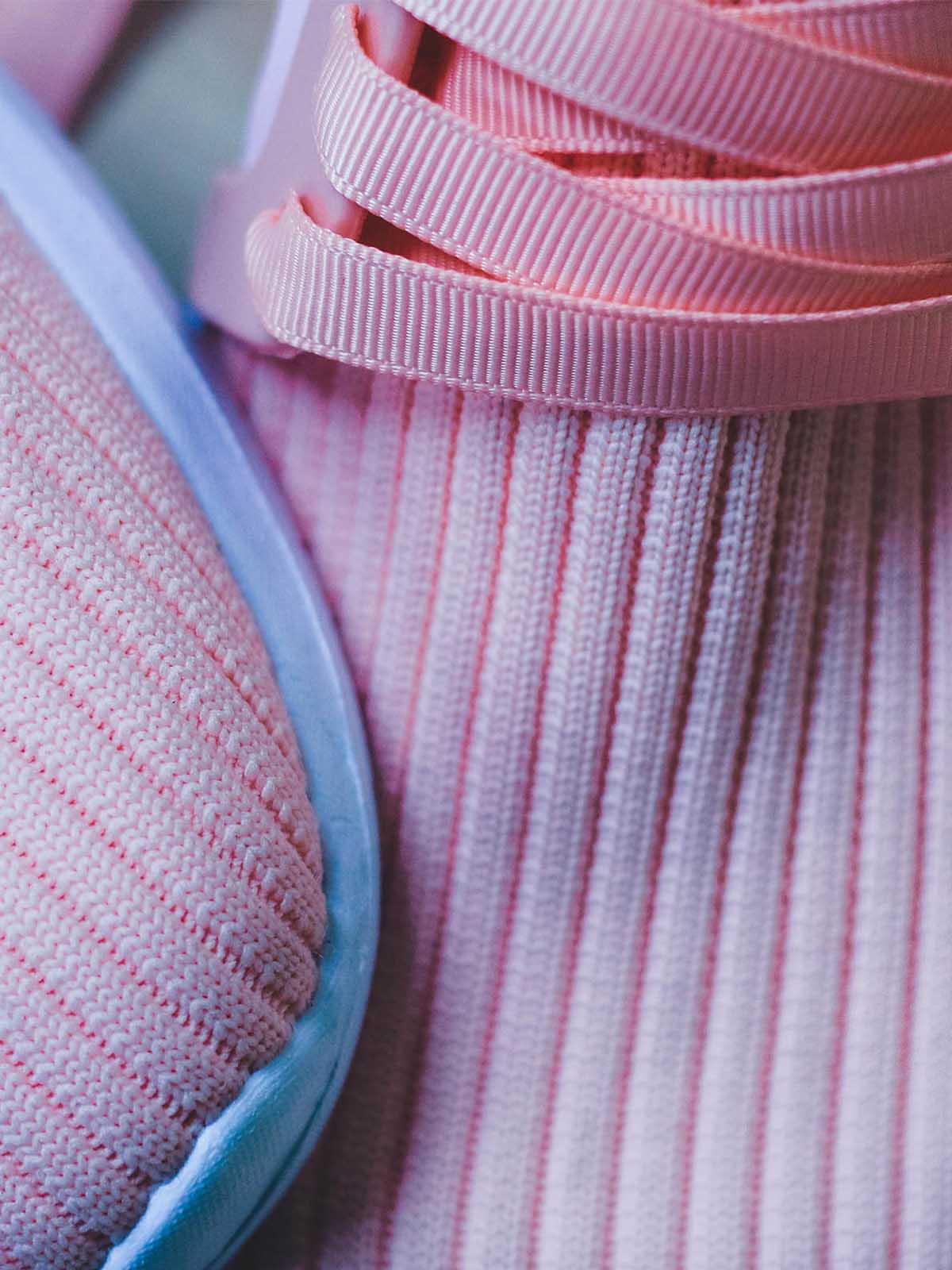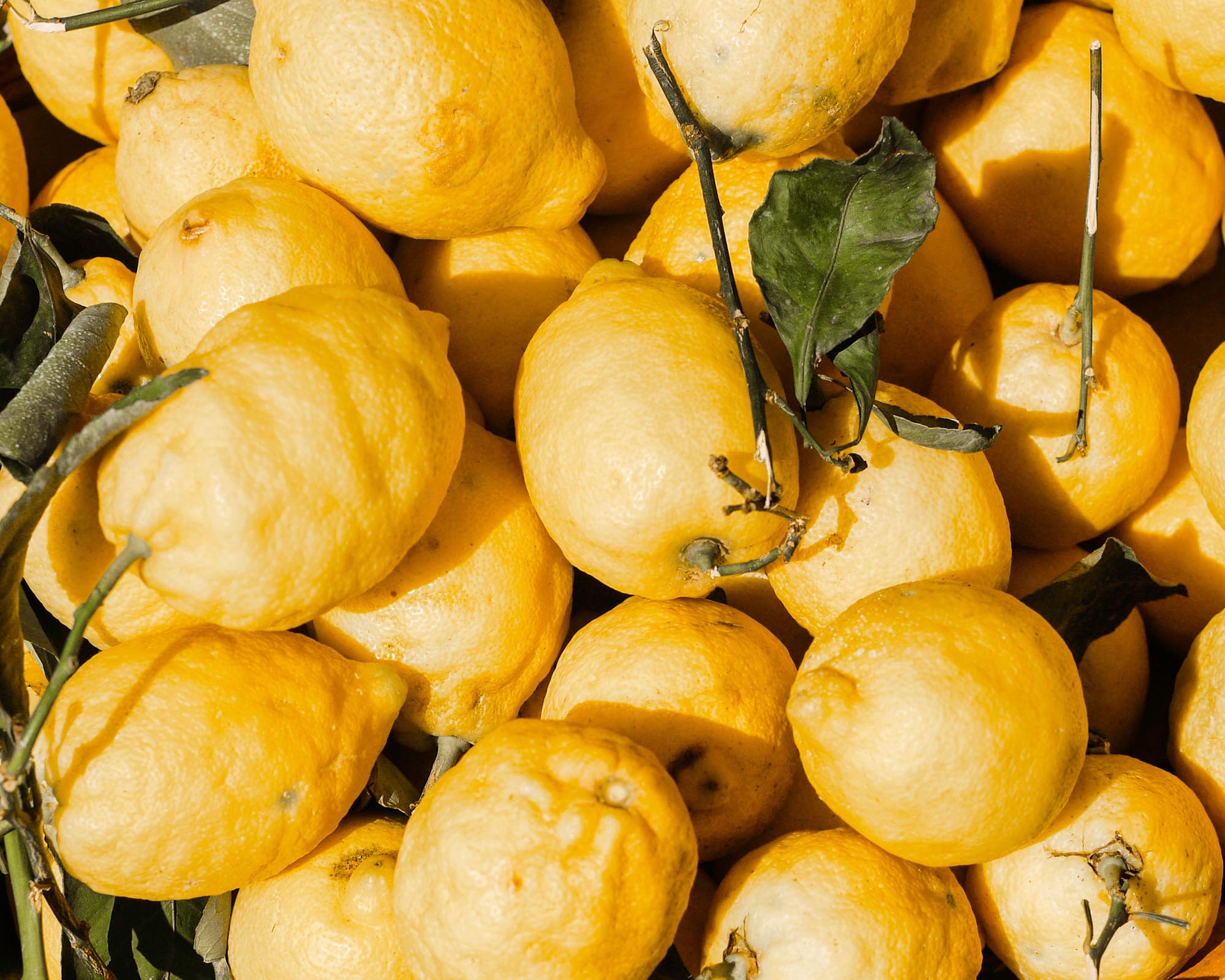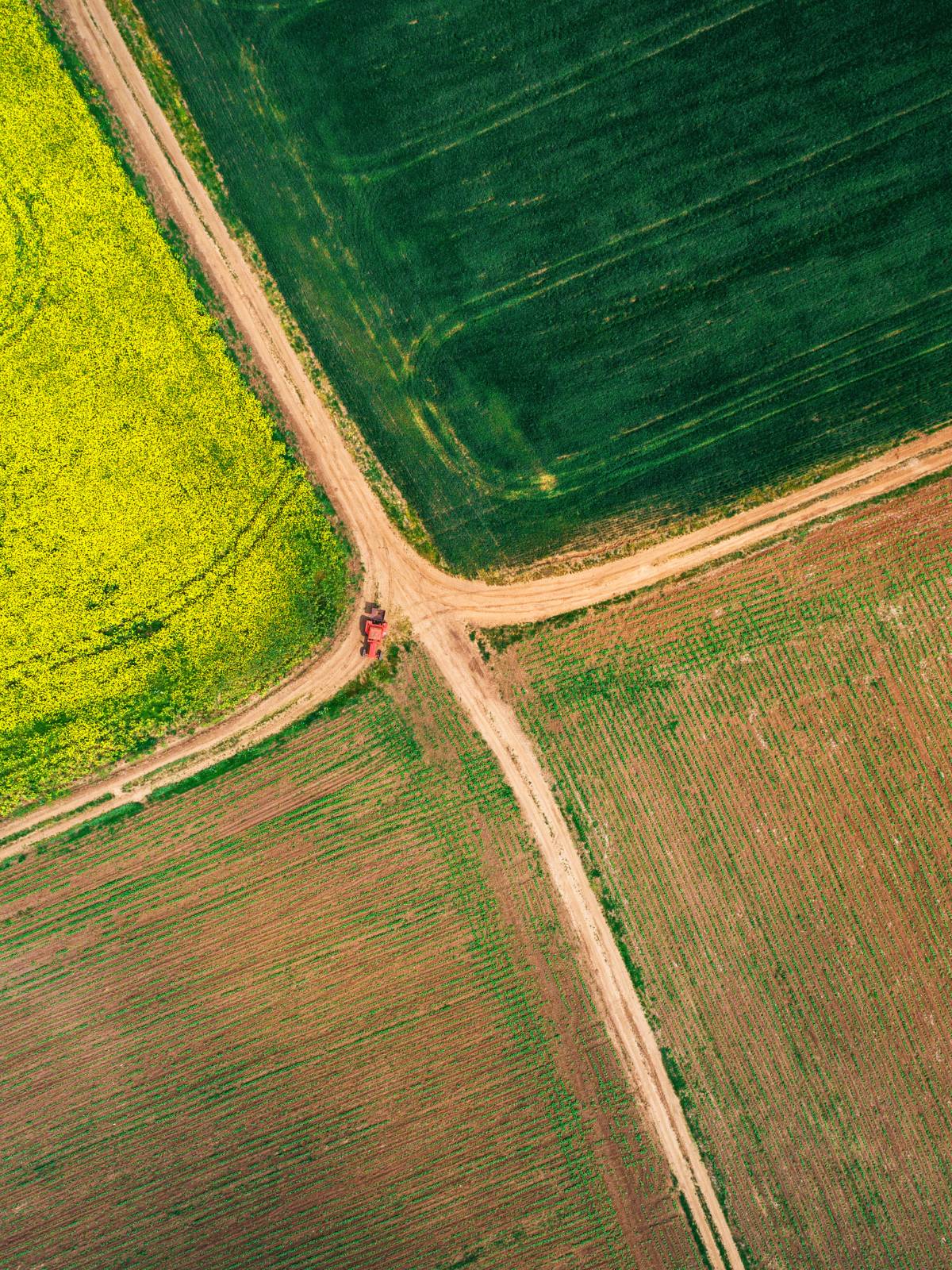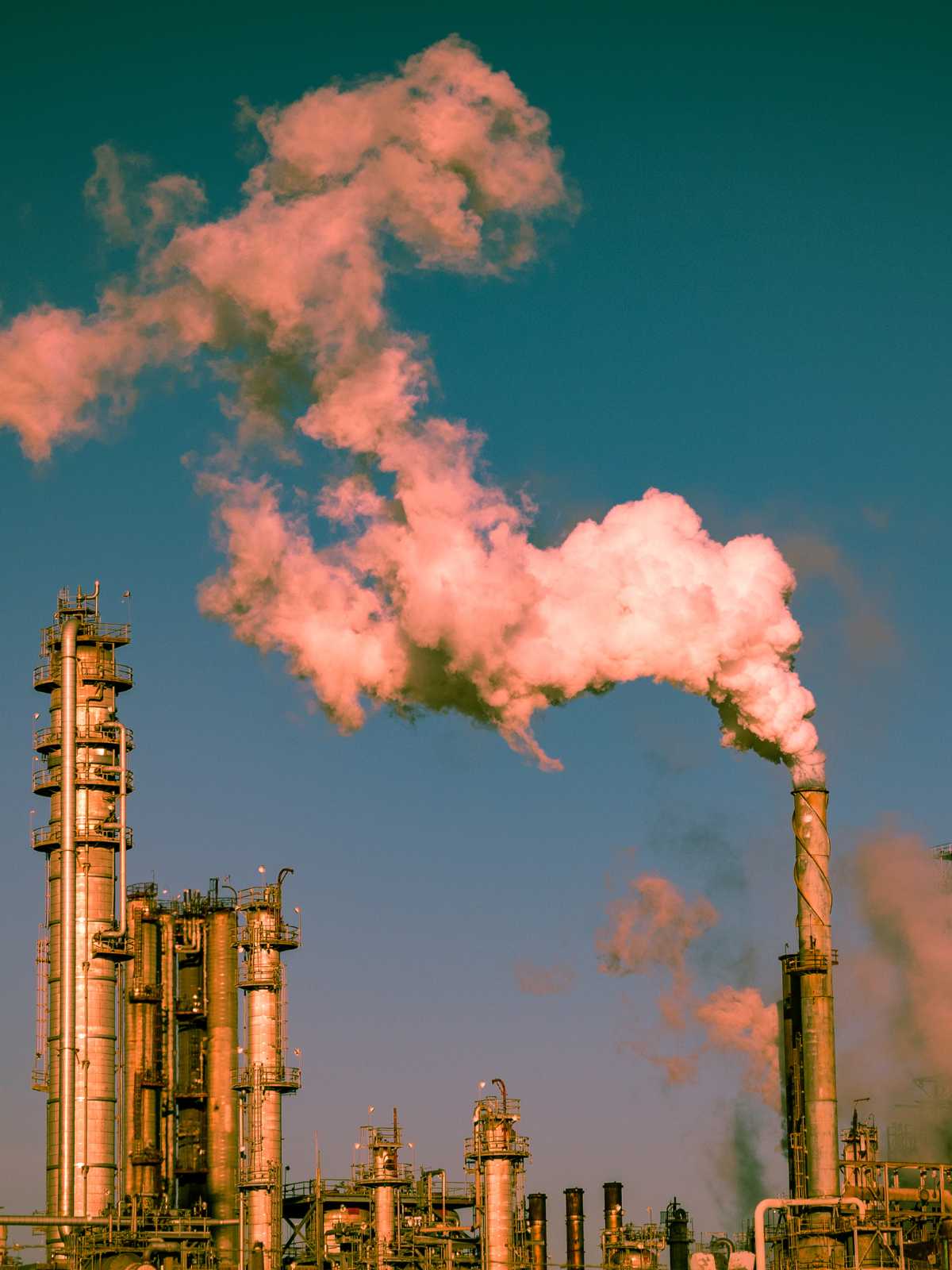Did you know that no matter how much you might scrub the floors, polish the doorknobs, and shine the silver, there are hidden nasties in cleaners that are doing more harm than good?
Our homes are filled with unnecessary chemicals that can make us sick. They can raise our blood pressure, induce allergies and reactions, make us gain weight, and even give us cancer — not to mention the risks when children are around! Many of these chemicals weren’t around 50 years ago, and it’s simply not necessary to use them now.
Thankfully, there are some great natural alternatives available at a fraction of the cost with minimal impact on our health. So, take a look around your kitchen — chances are the solution already exists in your cupboard.
Orange oil > Air freshener
Some 3,000 synthetic chemicals are used to make fragrances, many of which are associated with endocrine disruption (adverse impacts on our hormones), allergies, environmental pollution, and cancer. Planet Ark make a lovely orange oil air freshener that is all natural, with a percentage of profits going towards supporting the environment — or easily make your own!
Reusable storage containers > Plastic food wrap
Not only will these help save the planet, storage containers could save your health, too. The phthalate chemicals that make plastic food wrap soft leach into food, particularly when heated, and are linked to endocrine disruption, increased blood pressure, allergies, and asthma. And remember, only ever microwave your food in china or glass!
White vinegar > Surface cleaner
Clean surfaces at 10% of the cost and significantly reduce your environmental impact with this old household favourite. Just combine one part vinegar to four parts water in a spray bottle and you’re ready to go! With a multitude of applications, every environmentally conscious house needs a bottle of white vinegar on hand.
Baking soda and vinegar > Drain cleaner
Chemical drain cleaners are made from sodium hydroxide (lye), sodium nitrate, sodium chloride (salt), and aluminium. You don’t need a degree in chemistry to know these ingredients are bad news for the planet and all of its inhabitants. You can easily clean a clogged drain at a fraction of the cost by pouring down half a cup of baking soda, followed by half a cup of vinegar. Cover with a wet cloth to contain the science fair-like effects (remember DIY volcanoes?). Wait five minutes and then flush with hot water.
Microfibre cloths > Paper towels
Microfibre cloths and tools can be used to clean surfaces without any cleaning products. Microfibres are finer than human hairs and bring more water into contact with whatever surface is being cleaned. They act as a solvent to loosen dirt particles and trap them in the fibres. Good quality microfibre cloths are also reusable and should last a long time, as long as you don’t wash them with cotton materials or dry them in the clothes dryer. They are a significantly better solution than disposable alternatives like paper towels. However, they are generally made with plastic which means they will shed microfibres in the wash. Luckily, there are some fab environmentally-friendly options like these bamboo ones from Flora & Fauna!
Lemons or vinegar and baking soda > Multipurpose cleaner
Use lemons to scrub dishes, surfaces, and stains. Be aware that lemon juice can act as a natural bleach, so stick to whites if you’re cleaning something fibrous. Lemon juice mixed with vinegar is a great natural cleaner that can be used just about anywhere!
For another multipurpose powerhouse, mix two tablespoons of vinegar with half a cup of baking soda. When the fizz has fizzled out, you have an amazing paste which can be used to scrub bathrooms, pots and pans, and stubborn stains naturally.
Baking soda > Stain remover
Boost your laundry detergent naturally by adding half a cup of baking soda to your usual laundry detergent for “whiter whites” and brighter colours. The baking soda also softens the water, so you can actually use less detergent. Adding half a cup of baking soda in top-loading machines (quarter of a cup for front-loaders) also increases the potency of bleach, so you only need half the usual amount of bleach if you must use it.




















